Overcoming Fear: 5 Things to Help.
Overcoming fear. This is a common topic in my coaching sessions, which usually elicits this question from me: What are you afraid of? or, after some waffling from clients on that question, What are you *really* afraid of? Sometimes the answer is clear: Death, dying. …
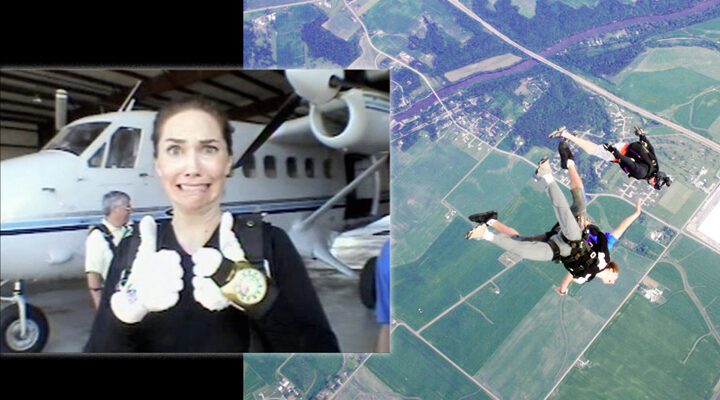

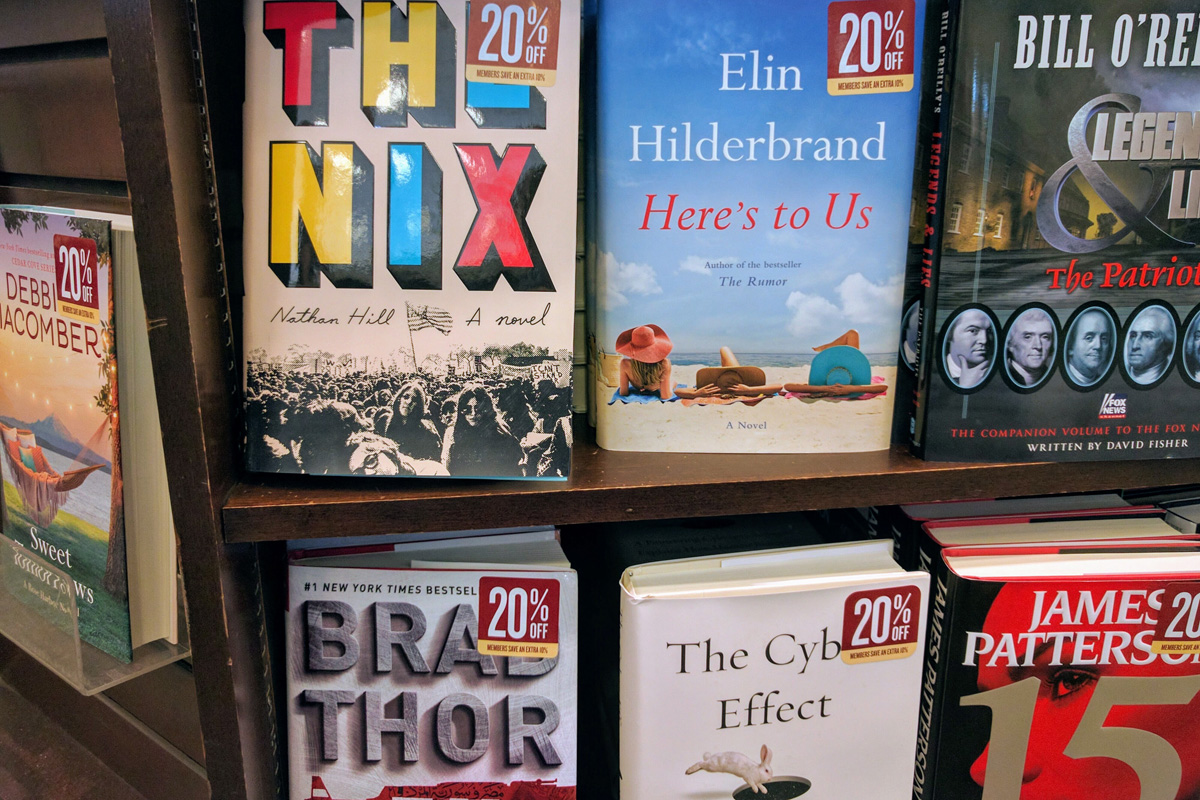


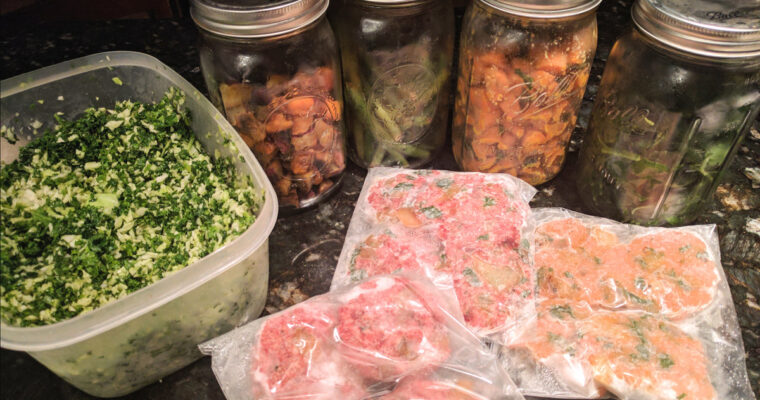

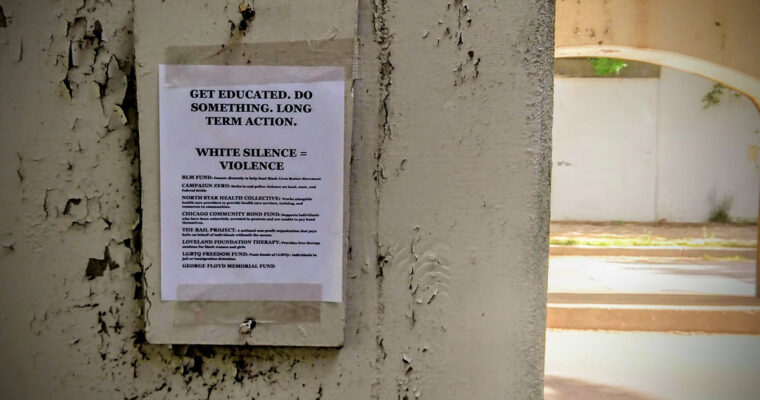


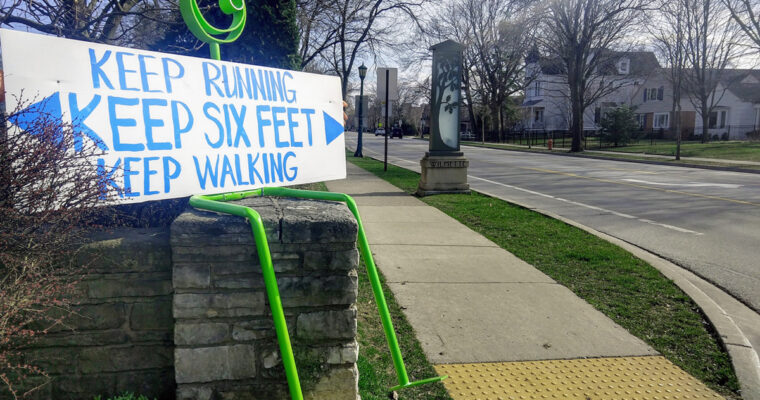
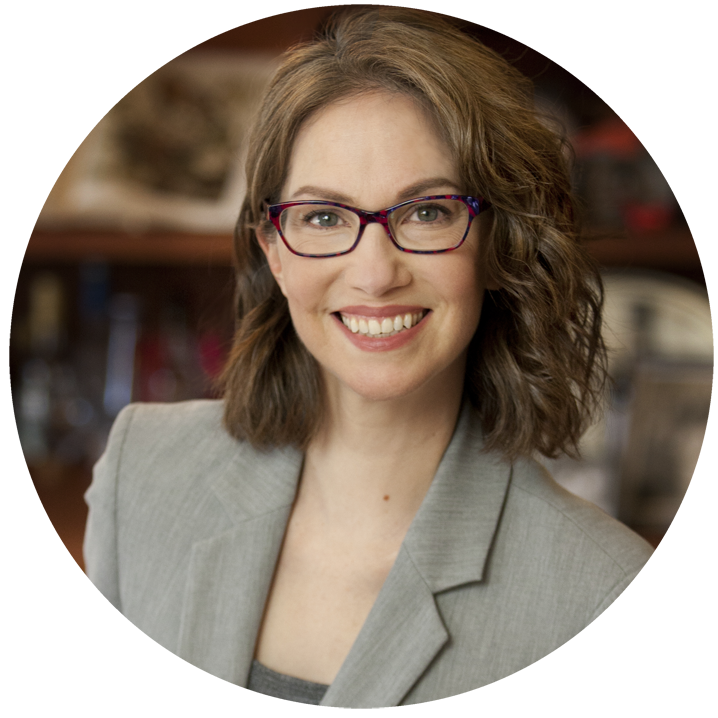




![In the coming days and weeks, I’ll be sharing some tips and tricks to help you get unstuck - no matter the circumstances of your stuck-ness.
This is the second in a series - if you missed the previous post, see my blog (link in bio).
Here’s the first tip:
Get in touch with your body.
Stop for a moment and check in. Where are you holding tension right now? Some common places we hold tension are:
the jaw
the neck
the gut
the shoulders
Or there might be pain somewhere, like a headache, backache, eyestrain/pain, etc.
I invite you to notice this pain or tension.
Be with it. Breathe into it. Relax into it.
Getting in touch with your body is a brilliant way of not only teaching yourself how to relax but also helps you to be present.
And becoming present creates S P A C E. And within that space there is an opportunity to see what is needed.
So: what is that physical symptom telling you that you need? Don’t overthink this!
SOMEthing usually comes up, like:
I need to rest
I need to let go of [XYZ]
I need to get outside
I need to exercise
I need a good cry (this happens often in real time during my coaching sessions!)
Once that need is met, some things might clear up. You might not get completely unstuck, but there is usually a shift that takes place or a relaxing that happens.
The pic of me is when I just woke up from a nap. I was working and feeling stuck.
I checked in and realized I was freaking exhausted. I needed rest, so closed my eyes for a few minutes before getting back to my computer.
You're not seeing the "before" photo, but trust me: what a difference a few minutes of rest make!
(and my hair always looks better after I sleep on it lol)
One thing to note:
Getting in touch with the physical body might be really REALLY hard for some people.
I invite you to be super gentle, and practice this technique with “nonjudgemental curiosity”, and let me know how it goes!
#stuck #struggle #stugglebus #rest #physical #tension #pain #tipstrickstools #swansoncoaching #lifecoach #holisticcoach #wellnesscoach](https://autoimmunenutritioncoach.com/wp-content/uploads/2018/05/435120410_964353791722252_2190116072632110028_n.jpg)
![Something I experience in my coaching sessions every day is seeing people who feel “stuck”.
Stuck in a job they don’t like.
Stuck after graduating from college, working their dream job, not knowing what’s next.
Stuck not knowing what to do now that the kids have left home.
Stuck in a relationship that is no longer serving them.
Stuck in not knowing what to do regarding that big decision looming over them.
Many times these clients say “I just need more tools in my life to figure this out, then I’ll be good”. They want “tips, tools, or tricks” to help them get unstuck.
In other words, they want information.
The thing is, there’s a sh*t-ton of information out there. Any answers we desire are at our fingertips thanks to the interwebs.
So why are we always so stuck?!
Information doesn’t help one get unstuck. It can be a starting point, but information alone will not get one unstuck.
Doing the [sometimes hard] inner work is what gets you unstuck.
Understanding yourself, your beliefs, your emotions, your body, how you think and act the way you do - and *why* you are doing any of it - including being stuck - is imperative to get unstuck.
And this is what coaching is all about. To help you better understand yourself so you can make different choices moving forward.
Over the coming days and weeks, I’m going to share with you some things I discuss with my clients in the first or second session to help them better understand themselves and how they move through this world.
This awareness helps them become UNstuck.
Yeah, they might be called “tips and tricks and tools”, and you can absolutely self-coach yourself using them. It is sometimes easier with a facilitator (e.g. a coach, therapist, or spiritual advisor), but if you are willing to go deep on your own and be honest with yourself, I invite you to play around with these techniques.
So stay tuned!
In the meantime:
Are you feeling stuck?
What has helped YOU get unstuck?
Would love to hear from you.
#stuck #struggle #strugglebus #lifecoach #holisticoach #tipstrickstools #swansoncoaching](https://autoimmunenutritioncoach.com/wp-content/uploads/2021/09/434572858_963909818433316_8140446297598528977_n.jpg)